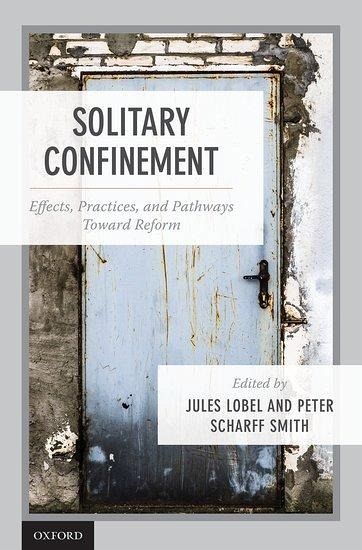
Solitary Confinement
Effects, Practices, and Pathways Toward Reform
Herausgeber: Lobel, Jules; Smith, Peter Scharff
Solitary confinement is used for a variety of different reasons in many prison systems all over the world, despite the fact that research shows that these practices have widespread and pronounced negative health effects. Besides the death penalty, solitary confinement is arguably the most punitive and dangerous intervention available to state authorities in democratic nations. This broad and interdisciplinary book draws together research and personal experience fromneuroscientists, high level prison officials, social and political scientists, medical doctors, lawyers, and former prisoners and ...
Solitary confinement is used for a variety of different reasons in many prison systems all over the world, despite the fact that research shows that these practices have widespread and pronounced negative health effects. Besides the death penalty, solitary confinement is arguably the most punitive and dangerous intervention available to state authorities in democratic nations. This broad and interdisciplinary book draws together research and personal experience fromneuroscientists, high level prison officials, social and political scientists, medical doctors, lawyers, and former prisoners and their families from different countries in order to address the effects and practices of prolonged solitary confinement and to strengthen the movement for its reform andeventual abolition.













